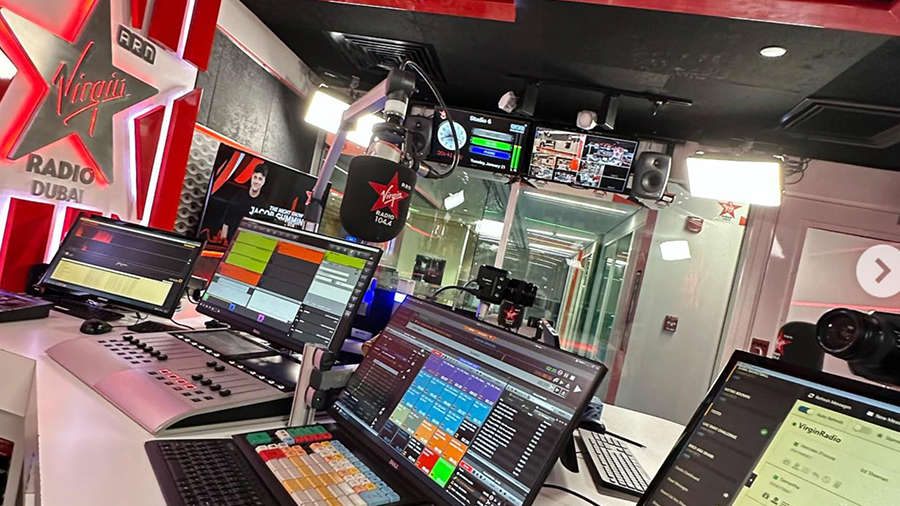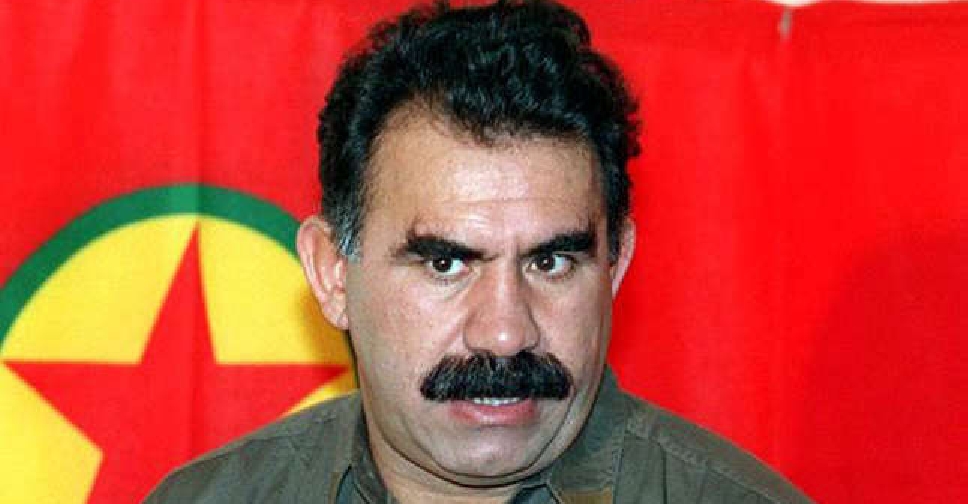
Turkey has decided to allow parliament's pro-Kurdish DEM Party to hold face-to-face talks with PKK leader Abdullah Ocalan on his island prison, the party said on Friday, setting up the first such visit in nearly a decade.
DEM requested the visit last month, soon after a key ally of President Tayyip Erdogan expanded on a proposal to end the 40-year-old conflict between the state and Ocalan's outlawed Kurdistan Workers Party (PKK).
Ocalan has been serving a life sentence in a prison on the island of Imrali, south of Istanbul, since his capture 25 years ago.
Devlet Bahceli, leader of the Nationalist Movement Party, made the call a month after suggesting that Ocalan announce an end to the insurgency in exchange for the possibility of his release.
Erdogan described Bahceli's initial proposal as a "historic window of opportunity". After the latest call last month, Erdogan said he was in complete agreement with Bahceli on every issue and that they were acting in harmony and coordination.
"To be frank, the picture before us does not allow us to be very hopeful," Erdogan said in parliament. "Despite all these difficulties, we are considering what can be done with a long-range perspective that focuses not only on today but also on the future."
Bahceli regularly condemns pro-Kurdish politicians as tools of the PKK, which they deny.
DEM's predecessor party was involved in peace talks between Ankara and Ocalan a decade ago, last meeting him in April 2015. The peace process and a ceasefire collapsed soon after, unleashing the most deadly phase of the conflict.
DEM MPs Sirri Sureyya Onder and Pervin Buldan, who both met Ocalan as part of peace talks at the time, will travel to Imrali island on Saturday or Sunday, depending on weather conditions, the party said.
Turkey and its Western allies designate the PKK a terrorist group. More than 40,000 people have been killed in the fighting, which in the past was focused in the mainly Kurdish southeast but is now centred on northern Iraq, where the PKK is based.
Growing regional instability and changing political dynamics are seen as factors behind the bid to end the conflict with the PKK. The chances of success are unclear as Ankara has given no clues on what it may entail.
Since the fall of Bashar al-Assad in Syria this month, Ankara has repeatedly insisted that the Kurdish YPG militia, which it sees as an extension of the PKK, must disband, asserting that the group has no place in Syria's future.
The YPG is the main component of the US-allied Syrian Democratic Forces (SDF).
In a Reuters interview last week, SDF commander Mazloum Abdi acknowledged the presence of PKK fighters in Syria for the first time, saying they had helped fight Islamic State and would return home if a total ceasefire was agreed with Turkey, a core demand from Ankara.
Authorities in Turkey have continued to crack down on alleged PKK activities. Last month, the government replaced five pro-Kurdish mayors in southeastern cities for suspected PKK ties, in a move that drew criticism from DEM and others.



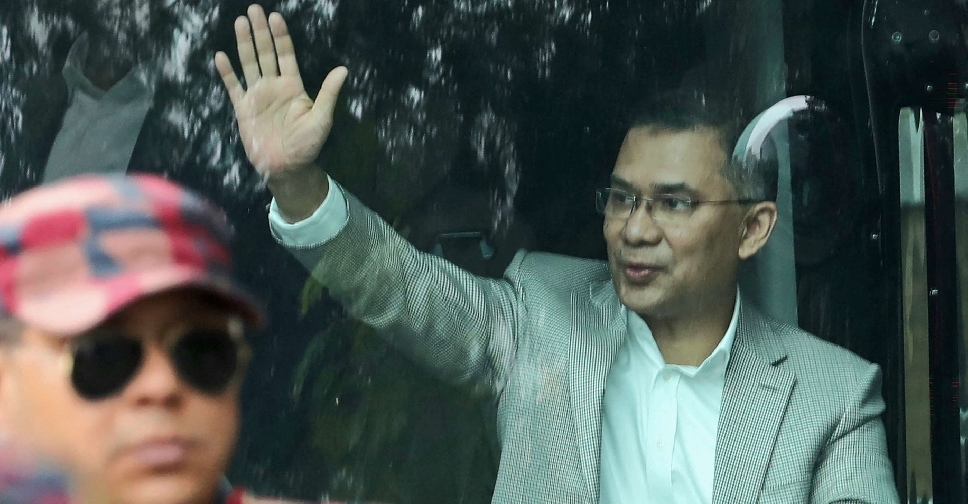 Bangladesh leader considered PM frontrunner returns from exile
Bangladesh leader considered PM frontrunner returns from exile
 Syria to start currency swap on January 1
Syria to start currency swap on January 1
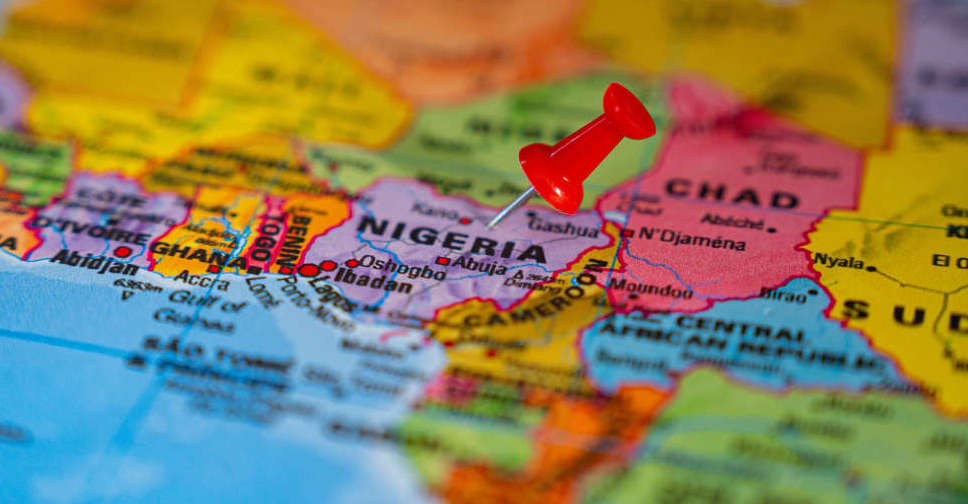 Five killed in Nigeria mosque attack, police say
Five killed in Nigeria mosque attack, police say
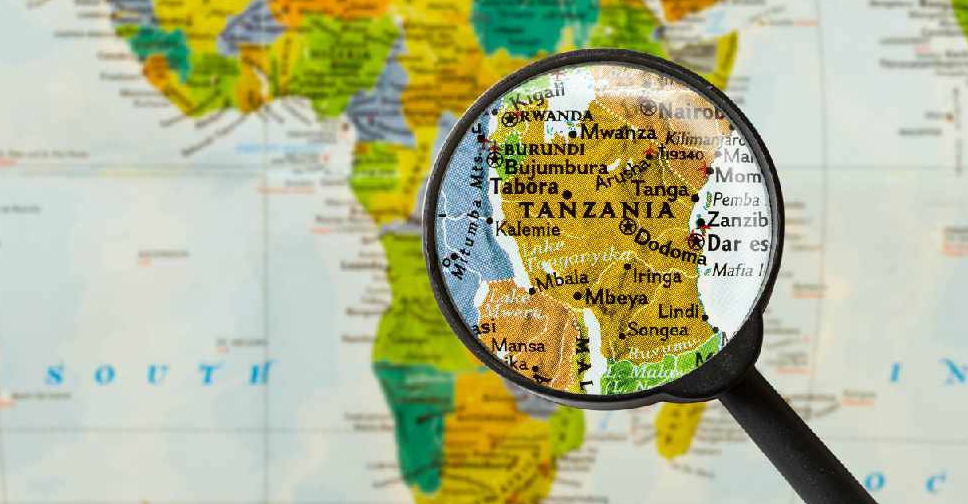 Helicopter crash on Tanzania's Mount Kilimanjaro kills five, aviation authority says
Helicopter crash on Tanzania's Mount Kilimanjaro kills five, aviation authority says
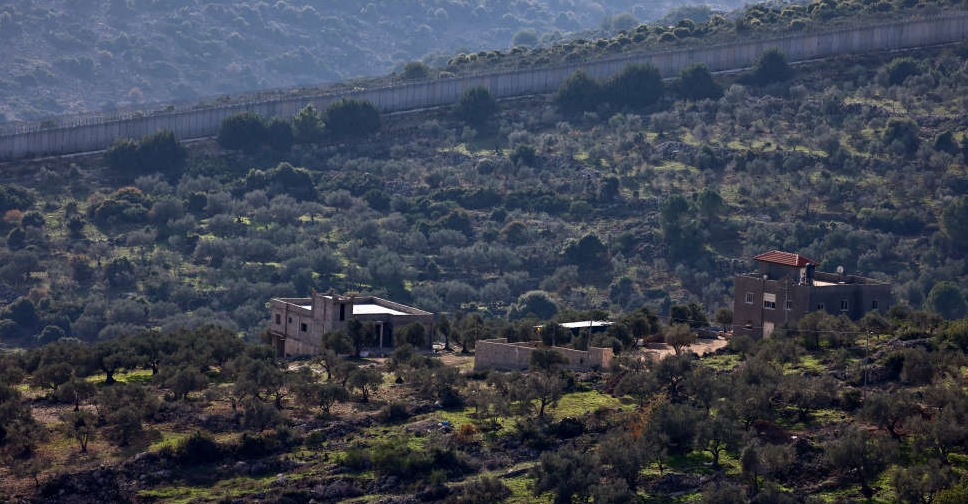 UK, Canada, Germany and others condemn Israel's West Bank settlement plan
UK, Canada, Germany and others condemn Israel's West Bank settlement plan

